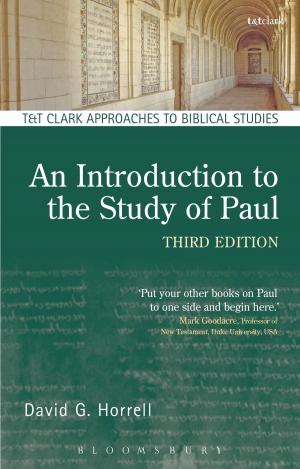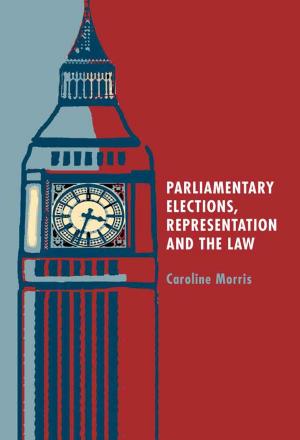Who me, Poor?
How India's youth are living in urban poverty to make it big
Business & Finance, Economics, Urban & Regional, Nonfiction, Social & Cultural Studies, Social Science| Author: | Who me, Poor? Gayatri Jayaraman | ISBN: | 9789386606440 |
| Publisher: | Bloomsbury Publishing | Publication: | July 18, 2017 |
| Imprint: | Bloomsbury India | Language: | English |
| Author: | Who me, Poor? Gayatri Jayaraman |
| ISBN: | 9789386606440 |
| Publisher: | Bloomsbury Publishing |
| Publication: | July 18, 2017 |
| Imprint: | Bloomsbury India |
| Language: | English |
The characteristics and reasons for urban poverty are manifold and seem to repeat across class structures: migration, culture shock, real estate costs and unrealistic expectations of city life, a lack of financial education, corporate cultures that perpetuate stereotypical workforces, a glamourised entrepreneurial culture that focuses on icons of spending instead of struggle, and economically and politically, the rise of the cashless credit economy and the demise of the thrift economy and its conservative icons.
The book will use the case studies of young Indians, typically in their first or second jobs, migrants to major Indian metros, living in these conditions. The reasons for the poverty they experience are varied, and influenced by the industries they work for, their family backgrounds, other financial obligations, social stratas, and peer groups. There are so far, no studies available for this in India, and is a rising phenomenon in the US
where it has been called 'poverty with no name'. Gayatri's short piece on the Urban Poor crossed 1.1 million views on Buzzfeed - the highest number for any Indian feature article to date.
The characteristics and reasons for urban poverty are manifold and seem to repeat across class structures: migration, culture shock, real estate costs and unrealistic expectations of city life, a lack of financial education, corporate cultures that perpetuate stereotypical workforces, a glamourised entrepreneurial culture that focuses on icons of spending instead of struggle, and economically and politically, the rise of the cashless credit economy and the demise of the thrift economy and its conservative icons.
The book will use the case studies of young Indians, typically in their first or second jobs, migrants to major Indian metros, living in these conditions. The reasons for the poverty they experience are varied, and influenced by the industries they work for, their family backgrounds, other financial obligations, social stratas, and peer groups. There are so far, no studies available for this in India, and is a rising phenomenon in the US
where it has been called 'poverty with no name'. Gayatri's short piece on the Urban Poor crossed 1.1 million views on Buzzfeed - the highest number for any Indian feature article to date.















